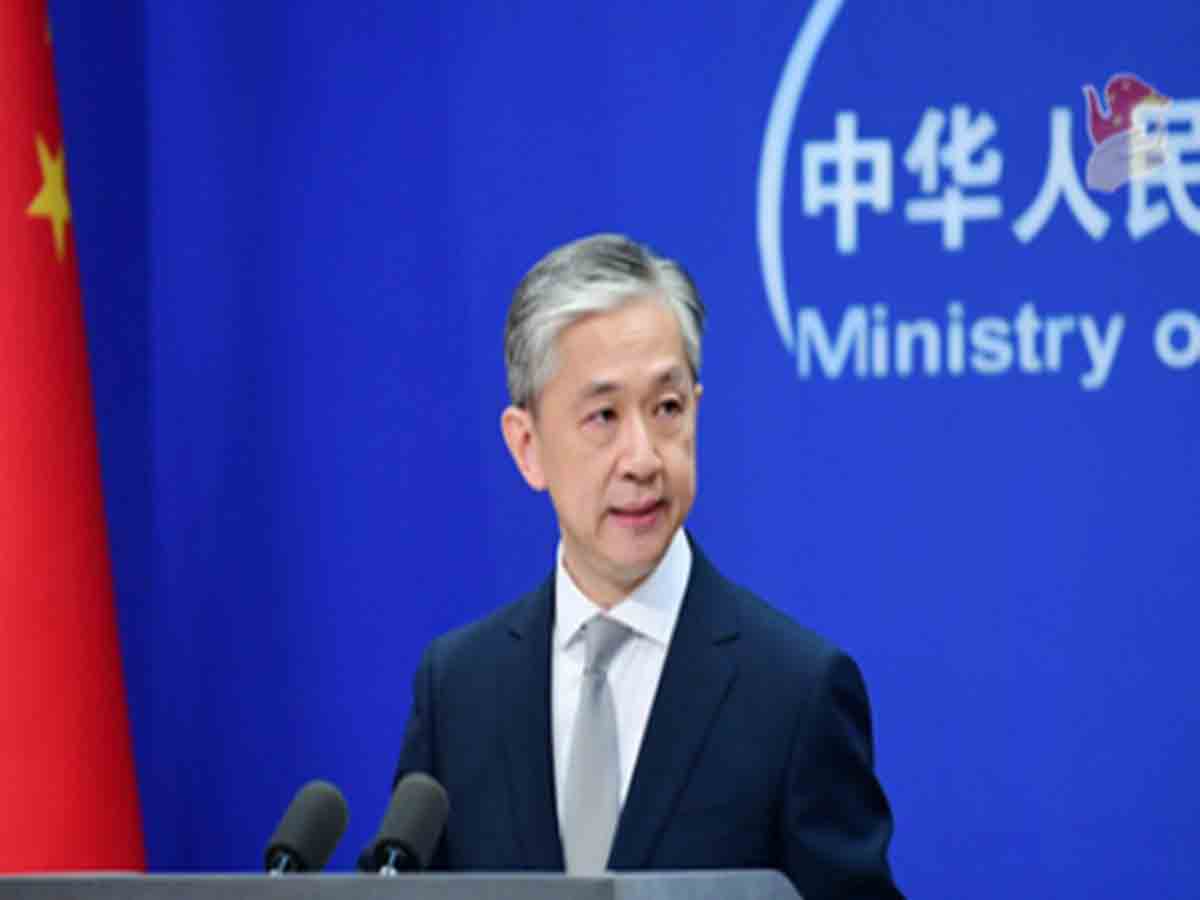Tokyo : In a move to establish its rising assertiveness on the East China Sea, China has reacted sharply to remarks made by US President-elect Joe Biden on the US commitment to helping Japan defend the Senkaku Islands.
Japanese Prime Minister Suga Yoshihide and Biden had agreed to further strengthen the Japan-US alliance in their first telephone conversation on Thursday (Japan time), reported NHK World.
Speaking to reporters on Thursday, China’s Foreign Ministry spokesperson Wang Wenbin reiterated his government’s position, claiming that the islands are inherently Chinese territory.
He further termed the 1960 Japan-US security treaty a ‘product of the Cold War’.
Wang also urged the two countries not to hurt the interests of third parties as well as endanger peace and stability in the region.
Suga had said that Biden expressed Washington’s commitment to applying Article Five of the Japan-US Security Treaty to the Senkaku Islands.
According to NHK World, Japan controls the islands, while China and Taiwan lay claim on them.
The Japanese government maintains the islands are an inherent part of Japan’s territory, in terms of history and international law. It says there is no issue of sovereignty to be resolved over them.
China claims most of the sea, often invoking its so-called nine-dash line to justify its alleged historic rights to the key waterway, which is also contested by the Philippines, Malaysia, Taiwan, and Brunei. It rejected a 2016 UN-backed tribunal’s ruling that its claims were without legal basis.
China has also been increasing its maritime activities in both the South China Sea and the East China Sea over the past few months, partly in response to Beijing’s concerns over the increasing US military presence in the region because of escalating Sino-US tensions.
The intrusions have not only been condemned by the US but have also invited the latter to conduct military drills in the South China Sea.
Beijing’s rising assertiveness against counter claimants in the East and South Sea has resulted in unprecedented agreement across the Indian-Pacific.

